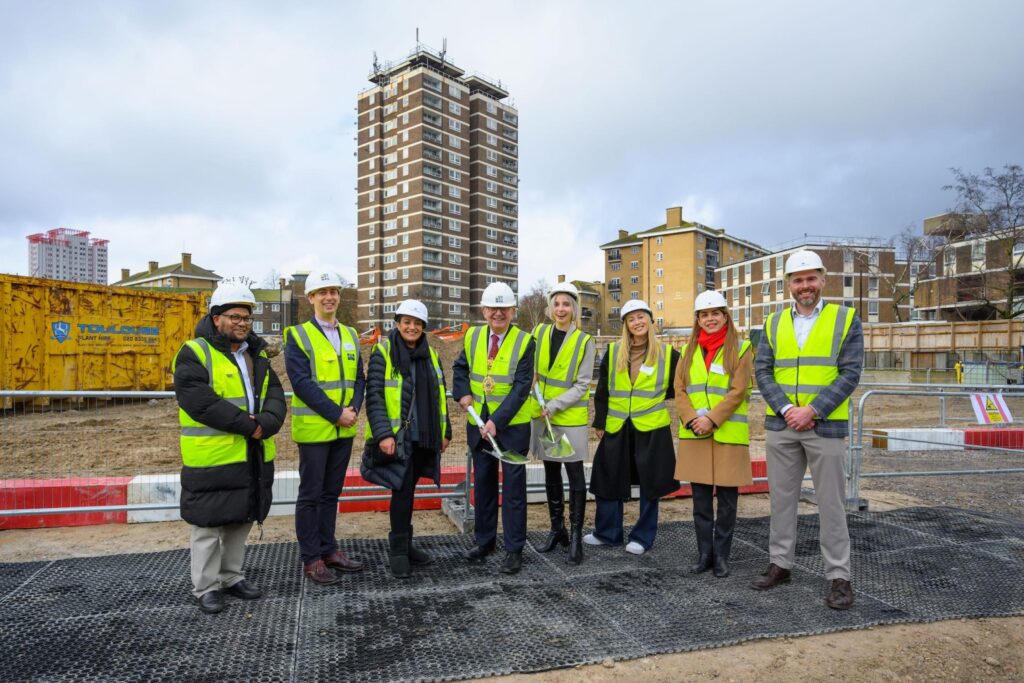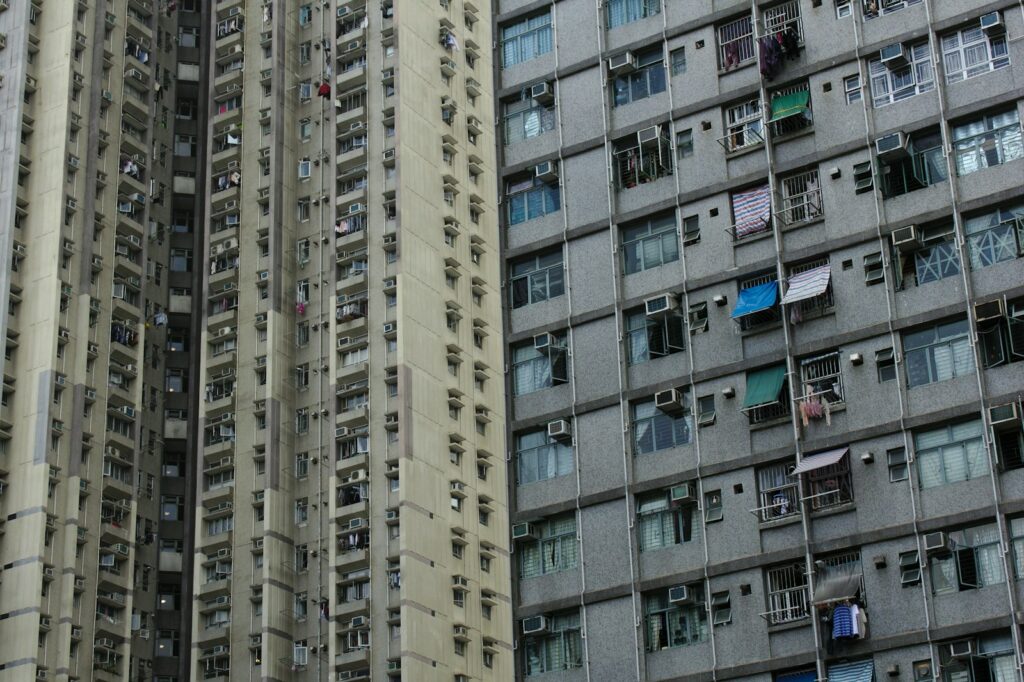Haringey Council has unveiled plans to convert 15,000 council homes into becoming energy efficient in a bid to make them cheaper to run and cut carbon emissions.
Revealed at a Cabinet meeting on Tuesday night, the local authority stated 1,5000 will benefit from the programme each year leading up to 2028 and that £100m has been set aside for the scheme.
The Council Housing Energy Action Plan, which helps households in Haringey struggling with energy costs and efficiency, will see the installation of new measures such as external wall and loft insulation, energy efficient doors and windows, heat pumps and solar panels as part of the whole house retrofits.
Predicting the average heating bills could drop by 28%, the council states this change will help tenants who are feeling immense pressures for the current cost-of-living crisis and offer them more financial freedom.
Additionally, the local authority is also hoping the project will help Haringey become a net-zero carbon borough by 2041 – the pioneering approach predicts a 98% reduction in carbon emissions from council homes by 2038.
Cllr Dana Carlin, Cabinet Member for Housing Services, Private Renters, and Planning said: ‘This ambitious programme is a major step forward in our efforts to end fuel poverty.
‘Energy bills will be dramatically reduced, which is fantastic news for residents struggling with the cost-of-living crisis. Thousands of Haringey families will benefit from a secure future in a warm, healthy, comfortable, and affordable home.
‘By retrofitting all council homes, we are not only transforming the lives of families across the borough, but we are also creating new, high-skilled jobs in our community and supporting the green economy.’
Cllr Mike Hakata, Deputy Leader and Cabinet Member for Climate Action, Environment and Transport said: ‘This hugely ambitious project is critically important in driving a carbon neutral borough by 2041. Housing accounts for half of Haringey’s emissions.
‘As with all council programmes aimed at tackling climate change this plan has multiple co-benefits, including reducing the energy bills of low-income families, improving indoor air quality as well as dovetailing with our drive to continue to build a local skills base and invest in our local supply chain and economy.’
In addition to the £100m, other bids for funding are set to be made to the government’s Social Housing Decarbonisation Fund.
However, bids that have been made to the government from local authorities in an attempt to gain funding to help them improve their local areas have been shown to be less successful more often than not.
Photo by Benjamin Elliott

















Leave a Reply